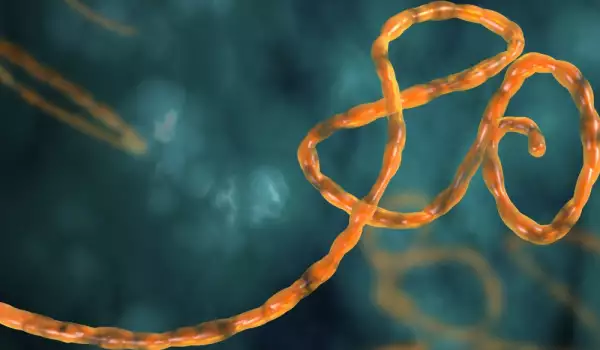No matter how bloodthirsty of a creature the human is and no matter what wars it may have waged on its fellow man, the biggest killer of the human race is deadly diseases. Whether we're talking about the Black Death that emerged in 14th century Europe, or Ebola in today's Africa, the number of lives lost has been astronomical. Here is a short list of the deadliest diseases in human history.
Cholera
This infection of the small intestines is spread mainly by drinking water or eating food that contain the fatal bacteria. About 5 million people are infected with cholera worldwide and each year it takes about 100 000 human lives.
Smallpox
After the massive campaigns to vaccinate the population, smallpox became one of the two diseases to be declared officially eradicated (the other is rinderpest). Throughout the entirety of human history, this lethal disease has killed a chilling number. In the 20th century alone, prior to the mass vaccinations, its victims amounted to 500 million.
Whooping Cough

Technically known as pertussis, this highly contagious disease is also called the "100-day cough" in some countries. The disease is believed to affect 48.5 million people annually, with it claiming approximately 300 000 lives per year.
Bubonic Plague
Also called the "Black Death". It is spread primarily through small rodents and their fleas. Without immediate treatment, the disease will kill a person in 4 days. The main hub of this disease is Central Asia. The Black Death is believed to have wiped out entire civilizations in the past, with its estimated number of victims being about 700 million. This same Plague nearly exterminated Europe in the 14th century.
AIDS
The AIDS virus causes progressive immune failure in humans, thus allowing life-threatening infections and cancer to thrive. Since its discovery, AIDS has led to the death of 30 million people.
Malaria
Malaria causes fever, coma and death. No effective vaccine has yet been found for it. The disease, known as "Roman fever" in the ancient world, is believed to have contributed to the fall of the Roman Empire, as well as the Chinese Empire during the Han Dynasty. Each year, the disease kills 2 million people.









